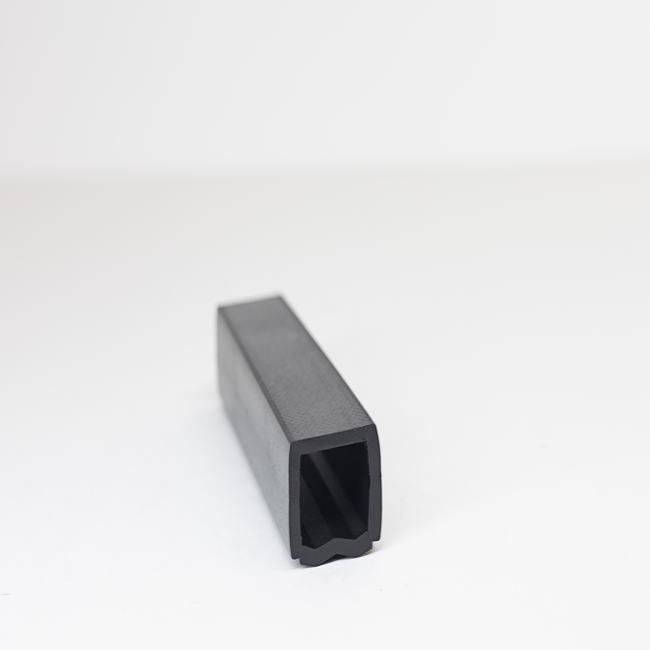GRP (Glass Reinforced Plastic) pipe seals are specialized components used to provide effective sealing solutions in conjunction with GRP pipes and other related fittings and connections. These seals play a vital role in ensuring the integrity and performance of GRP piping systems, particularly in applications where leak prevention, corrosion resistance, and durability are essential. In this comprehensive description, we will delve into the various aspects of GRP pipe seals, including their features, materials, manufacturing processes, applications, and benefits.
Features of GRP Pipe Seals:
- Corrosion Resistance: GRP pipe seals are highly resistant to corrosion, making them suitable for applications in aggressive environments such as chemical processing plants, wastewater treatment facilities, and marine applications.
- Chemical Compatibility: They can withstand exposure to a wide range of chemicals, acids, and alkalis, ensuring the long-term performance of the sealing system.
- Durable and Long-Lasting: GRP pipe seals have a long service life due to the inherent durability of GRP materials, which resist degradation even in harsh conditions.
- Sealing Efficiency: These seals are designed to provide effective sealing against leakage, preventing the escape of fluids or the ingress of contaminants.
- Flexibility: GRP pipe seals are flexible and can accommodate the thermal expansion and contraction of the piping system without compromising their sealing capabilities.
Materials Used:
GRP pipe seals are typically made from composite materials that incorporate layers of fiberglass reinforcement and a thermosetting resin matrix. The resin matrix is often epoxy or vinyl ester, which provides the necessary chemical resistance and bonding properties. The combination of these materials results in a strong, corrosion-resistant, and durable sealing solution.
Manufacturing Processes:
The production of GRP pipe seals involves several key processes:
- Composite Material Preparation: Fiberglass mats or rovings are impregnated with the resin matrix, creating a composite material with the desired properties.
- Molding: The composite material is placed into molds designed to match the shape and size of the sealing components. The molds are then subjected to heat and pressure to cure the resin, forming the final seal shape.
- Trimming and Finishing: After curing, the seals are trimmed and finished to meet specific dimensional and surface finish requirements.
- Quality Control: Stringent quality control measures are implemented to ensure the seals meet industry standards and specifications. This includes dimensional checks, pressure testing, and visual inspections.
Applications:
GRP pipe seals find applications in a variety of industries and scenarios, including:
- Chemical Processing: They are used in chemical plants and refineries for sealing connections in pipelines handling corrosive chemicals.
- Wastewater Treatment: GRP pipe seals are employed in wastewater treatment plants to seal joints and connections in sewage and effluent piping systems.
- Marine and Offshore: These seals are ideal for marine and offshore applications, where exposure to saltwater and harsh environmental conditions is common.
- Water Distribution: GRP pipe seals help prevent leaks in water distribution systems, ensuring the efficient transportation of clean drinking water.
- Industrial Piping: They are used in various industrial piping systems, including those in power generation, food processing, and pulp and paper manufacturing.
Benefits:
- Leak Prevention: GRP pipe seals provide reliable and long-lasting sealing solutions, reducing the risk of leaks and associated maintenance costs.
- Corrosion Resistance: Their resistance to corrosion and chemicals ensures the integrity of the piping system over time.
- Durable Performance: GRP materials offer durability and longevity, even in challenging operating conditions.
- Low Maintenance: Once installed, GRP pipe seals require minimal maintenance, contributing to cost savings.
In conclusion, GRP pipe seals are critical components in ensuring the reliability and safety of GRP piping systems across various industries. Their exceptional corrosion resistance, durability, and sealing efficiency make them valuable assets in applications where leak prevention and long-term performance are paramount.






